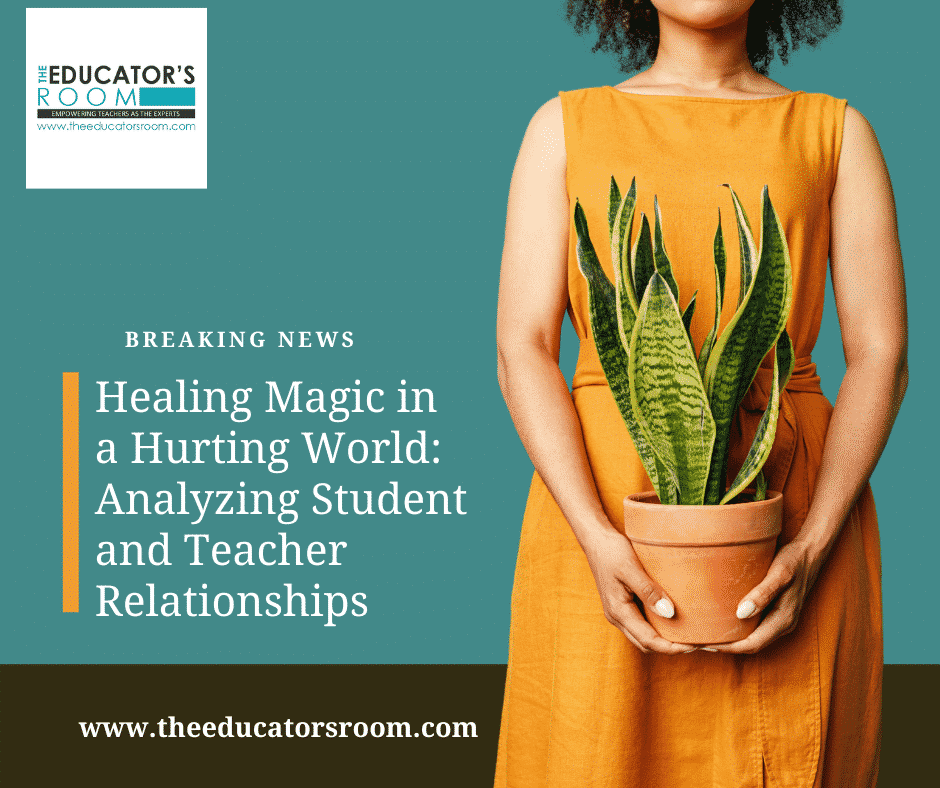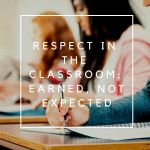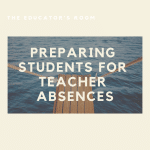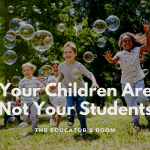By Emily Goldstein
One of the hardest things to witness as a teacher, and even more so now that I am a parent of a two-year-old, is seeing young people have their dignity diminished, and their spirits and self-perceptions degraded by adults and teachers in the classroom. Often adults and teachers don’t even realize that they’ve slashed a deep gash into the self-perception and worth of the child and so, in those powerful, tense moments following the incident, they don’t even know that they should attempt to heal that very real, invisible, gaping, gouge. In that same classroom, though, the other students know and see these transgressions against students’ selves with crystal clarity. Worse yet, depending on the culture of the classroom, some students see these moments as opportunities to capitalize on the wronged student’s weaknesses.
As the student has been cut down by the leader in the room, they are now fair game for receiving the same criticism from their peers. Some students will see this as a reason to keep quiet and keep their hands down, participating and trusting the teacher and class less and less. No matter what, though the tone will shift in that room, and from that point on, less learning, less sharing, less loving, less laughing, and less growing will happen.
Analyzing the teacher-student relationships we foster and how this affects positive self-perception was the basis of a study in the Journal of Education and Learning by Meral Sert Agir in 2019. Agir establishes that although there are many contributing factors that affect the teacher-student relationship, the most important are the teacher’s “thoughts, feelings, and behaviors towards the students…” (2019, p. 203). The field of optics is the study of sight and how light behaves, however, in modern life and in the language of marketing, optics are used to describe the implications, effects, and potential fall out after a public figure, brand, or company, has some sort of troubling news or misstep that emerges in the public eye and directly conflicts with the brand or the person’s identity and reputation.
We have to consider our relationships with students through this optic lens in order to truly cultivate a culture of compassion in our classrooms. As effective, compassionate educators, we have to be keenly and proactively aware of the optics generated by every single teacher’s action and expression, as well as all the language we use.
As such, students need to experience a relationship with their teachers that actively provides “warm attention, love, friendship, trust, and tolerance” (Agir, 2019, p. 203 ). Compassion grows in caring spaces and by studying yourself as an educator in terms of your words, your consistency, and your active support of each and every learner in your care, you cultivate a healthy and safe environment for your students. In this space, they can take safe risks and push themselves knowing that you are there to support and ensure the safety of their spirit and their wellbeing. By being a critically reflective teacher, you can carefully construct, as Babs Loftis-Freeman of Responsive Classroom creates with her precious Morning Meetings, “a soft place to land when life is hard” (2007). And life in this Covid era is most certainly, increasingly hard.
COVID-19 is an unprecedented event in our time and has forever altered life in countless ways while it has taken nearly 5.5 million lives globally, and 800,000 Americans. It is important to confront these staggering facts often and openly. What does this mean for us as humans? As family members, mothers, fathers, sons, daughters? All of this unbelievable loss and tragedy – how do we face it, how do we address it? Some would say to sidestep it as neatly as possible. Some might highlight the supposed political theories and/or misinformation plaguing our nation about it. Others might change the subject quickly. The whole world is hurting right now and everyone needs healing, even if we as adults might not comprehend that yet. According to the World Health Organization, the “Covid-19 pandemic has caused mass trauma on a larger scale than World War II,” and will leave a lasting influence (Feuer, 2021).
We are teachers, though. We have more responsibility and are constantly looked to each day, all day, for how we respond and speak to others, and how we speak or don’t speak about current events and often difficult, sometimes controversial, painful matters. I’m not here to debate whether or not this perception of the responsibility teachers have is accurate. If you want to cultivate a culture of compassion in your classroom and elevate the dignity and importance of each of the learners in your care, you absolutely have to model how to be a great human.
Not a good human. A great human!! And great humans feel, think deeply, and attempt to understand what is happening in the world, helping others when they are able, seeking opportunities to improve human lives. Helping students to become their best great self is the goal of our daily work. To let our teaching and our leadership be imbued with that powerful notion is magic – caring, defending, and protecting students’ spirits and selves is healing for them, and for us. We push the needle past some of the pain when we articulate this aspiration and bring it to life in our students’ eyes through unabashed, unadulterated caring.
In Part 2 of Healing Magic in a Hurting World, we delve deeper into cultivating a culture of compassion in your classroom and how powerful it can be.
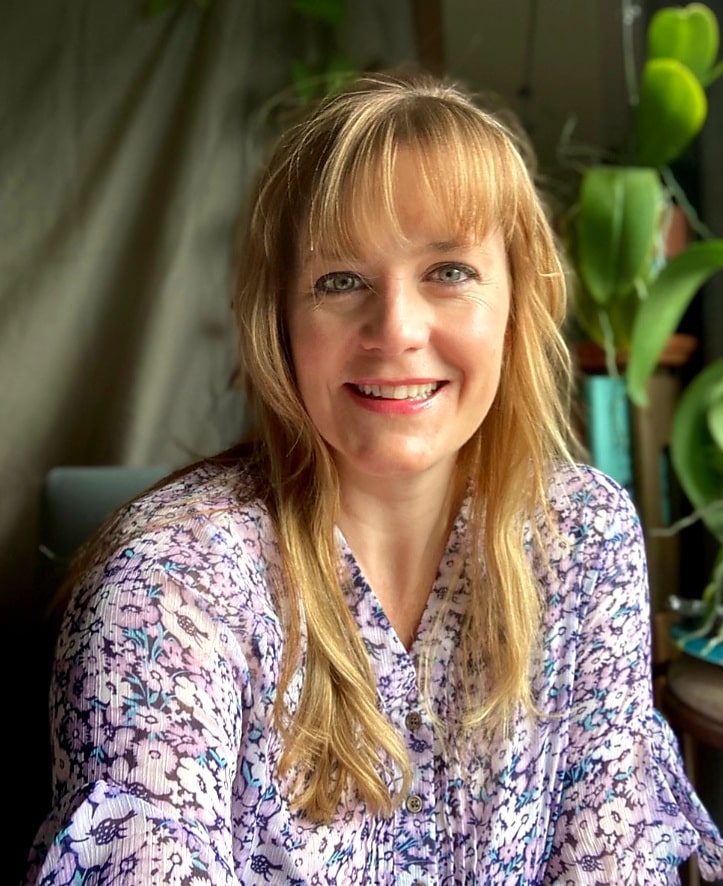
Disillusioned by a brief stint in corporate America, Emily Rose Goldstein became a teacher later in life and has been an upper elementary educator for the past 9 years. Emily is devoted to honoring and amplifying the diverse, beautiful, and unique spirits and selves of her students and thrives in helping them see and feel their own power. She credits her parents for raising her to be a critical thinker and to have the courage to pose tough questions. Emily is at her best when helping her students to do the same, seeking to work against the systems of oppression in her city and beyond through writing and equitable, anti-bias, interactive, uplifting instruction. She resides in Kansas City, Missouri with her husband, daughter, and four pets, cherishing her many roles as teacher, writer, Mom, wife, daughter, sister, and aunt.
References
Agir, M. S. (2019). The effect of perceived teacher behaviors on students’ self-esteem and attitudes towards learning. Journal of Education and Learning, 8(5), 203. https://doi.org/10.5539/jel.v8n5p203
Feuer, W. (2021, Mar. 5) WHO says pandemic has caused more ‘mass trauma’ than WWII. CNBC.com. https://www.cnbc.com/2021/03/05/who-says-pandemic-has-caused-more-mass-trauma-than-wwii-and-will-last-for-years.html
Freeman, B.L. (2007, Aug. 1). Morning Meeting: A Soft Place to Land. ResponsiveClassroom.org

